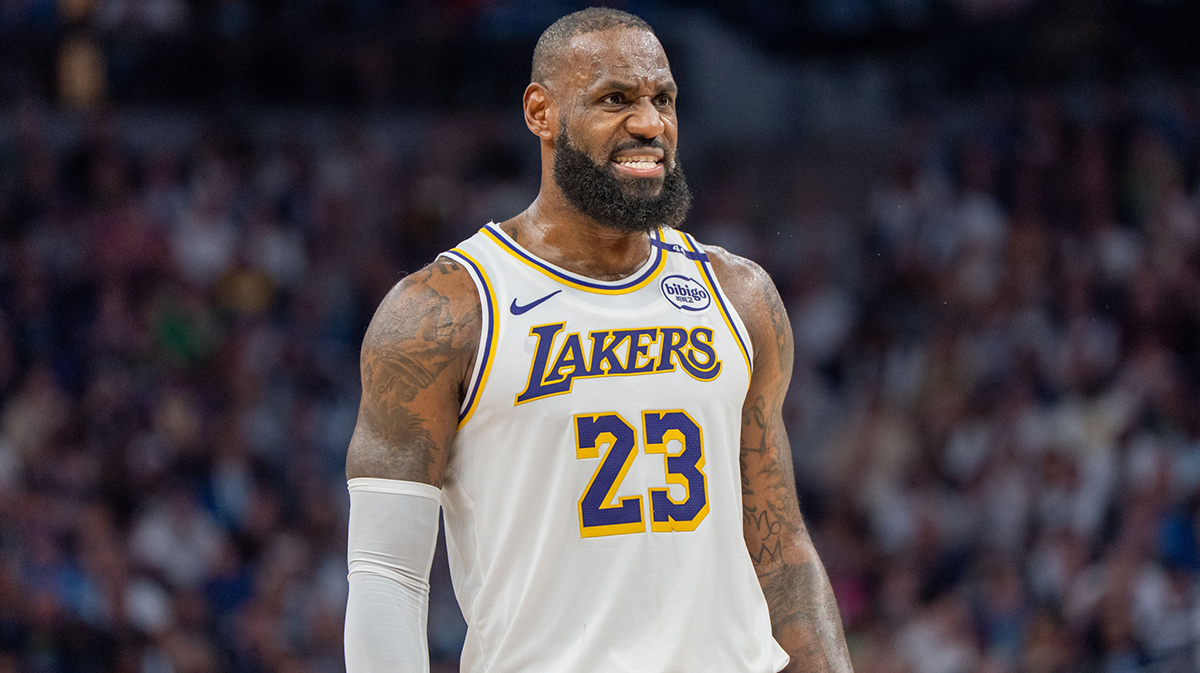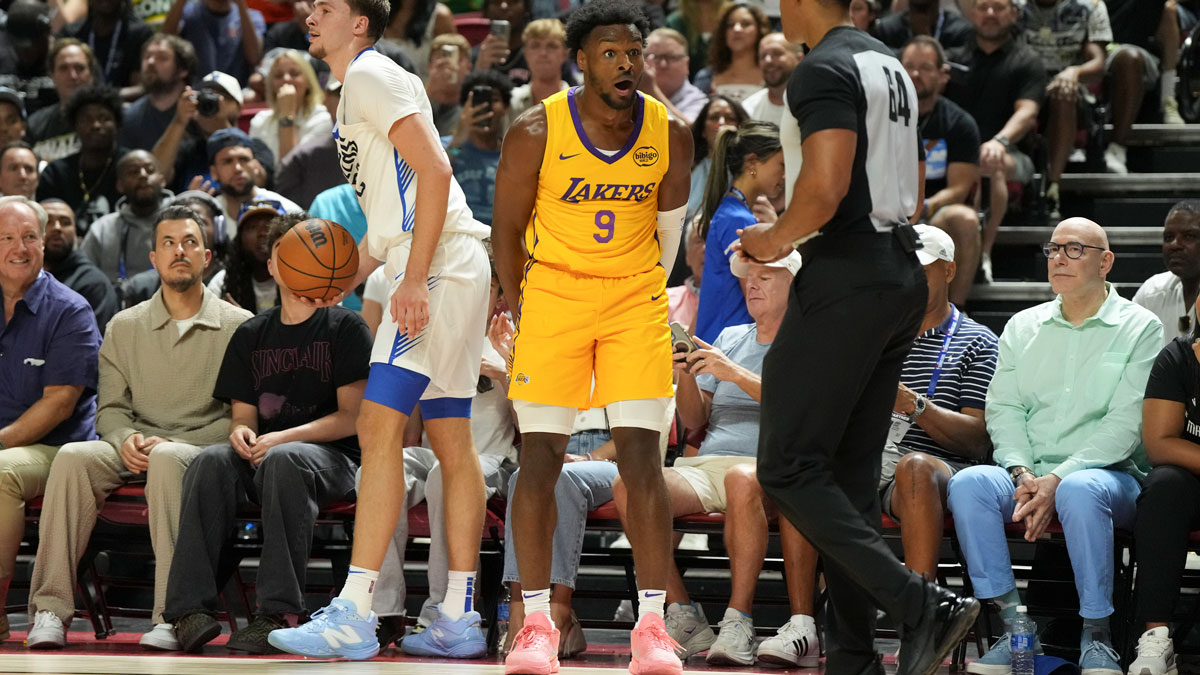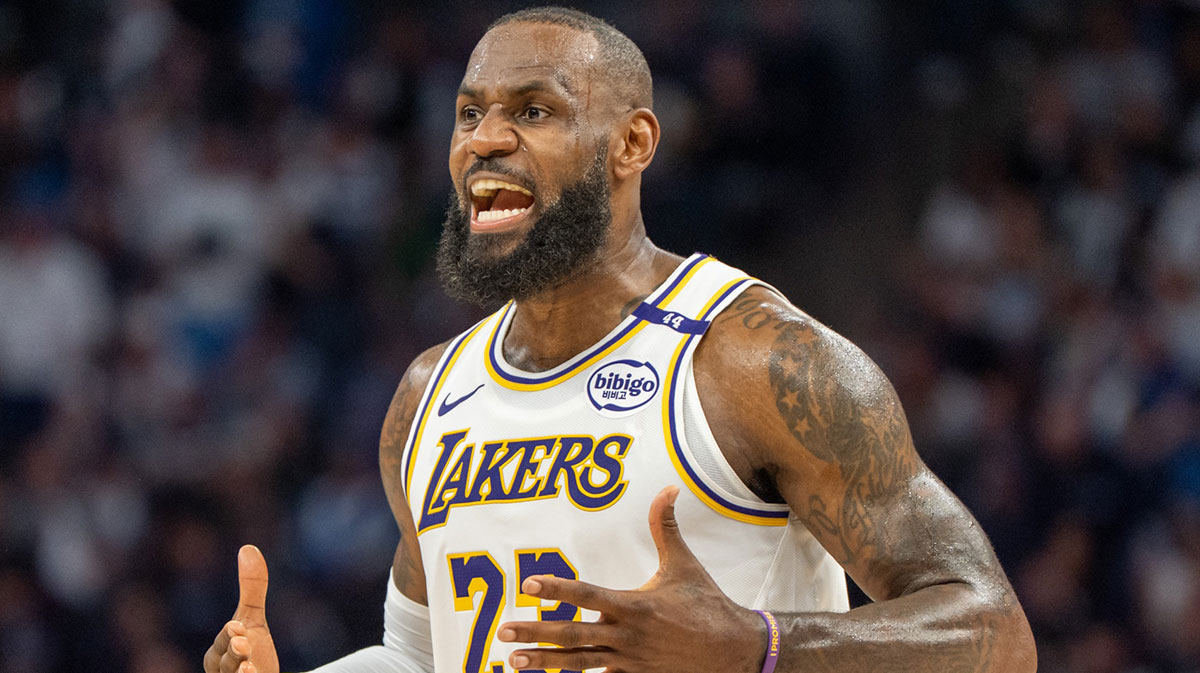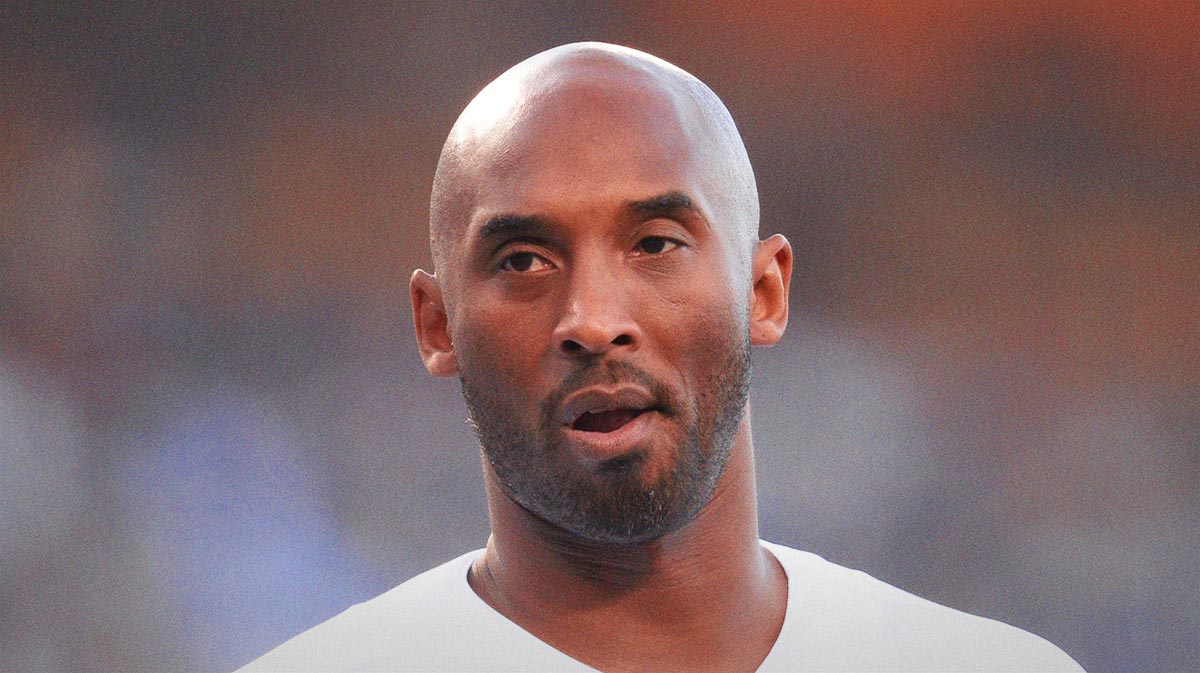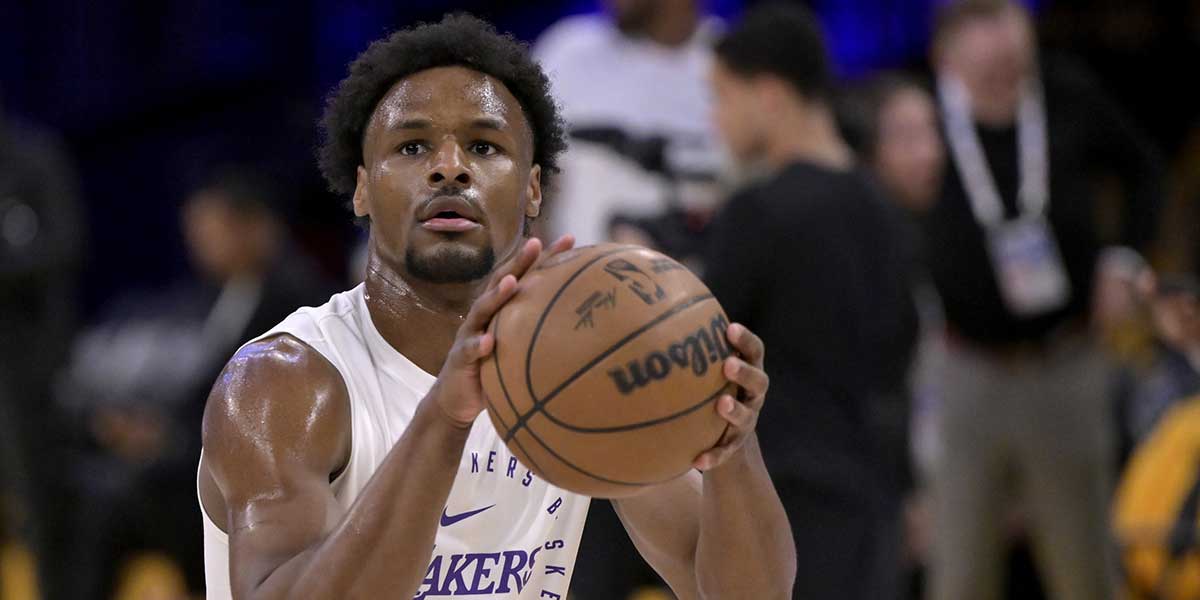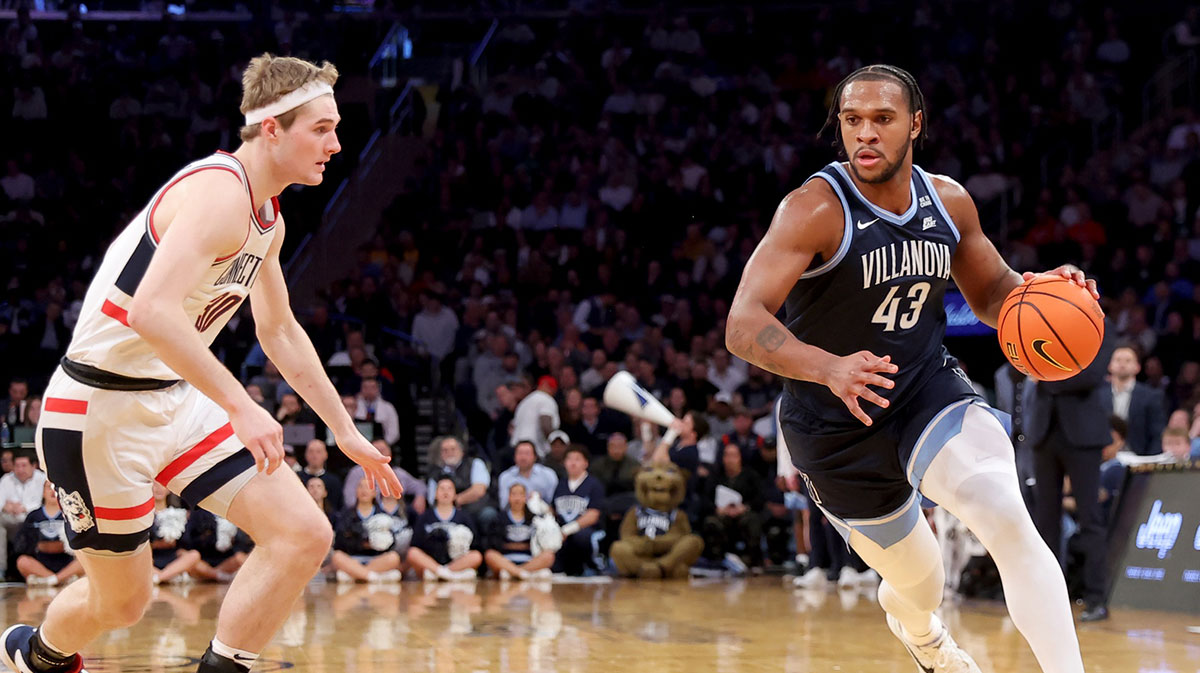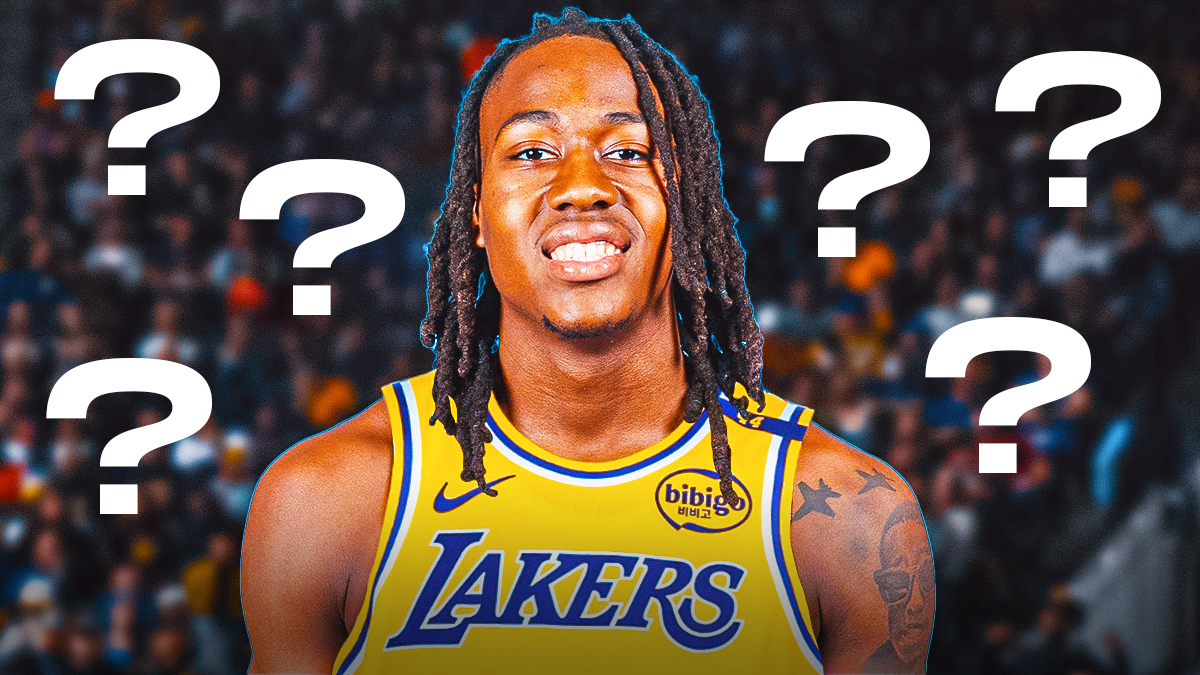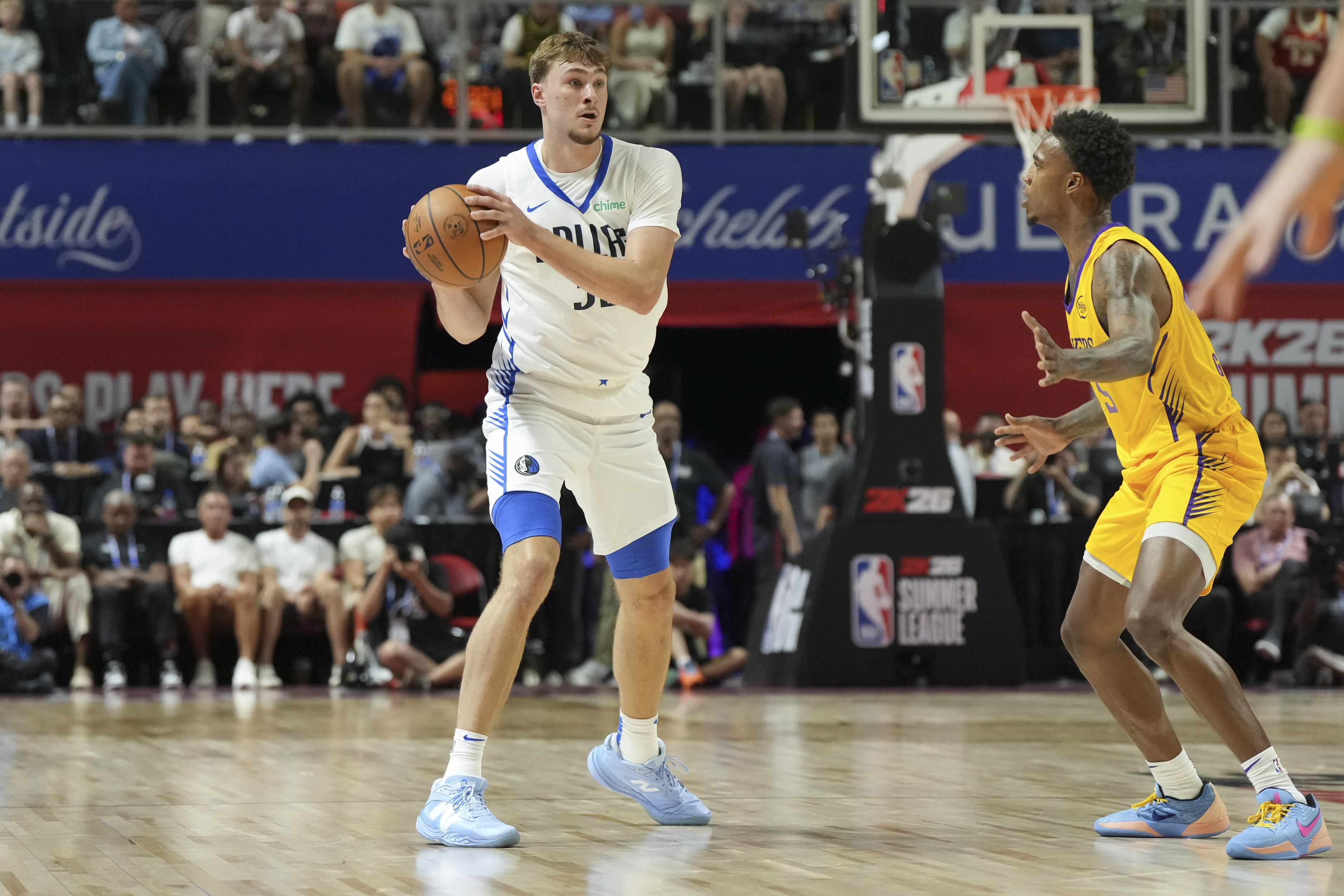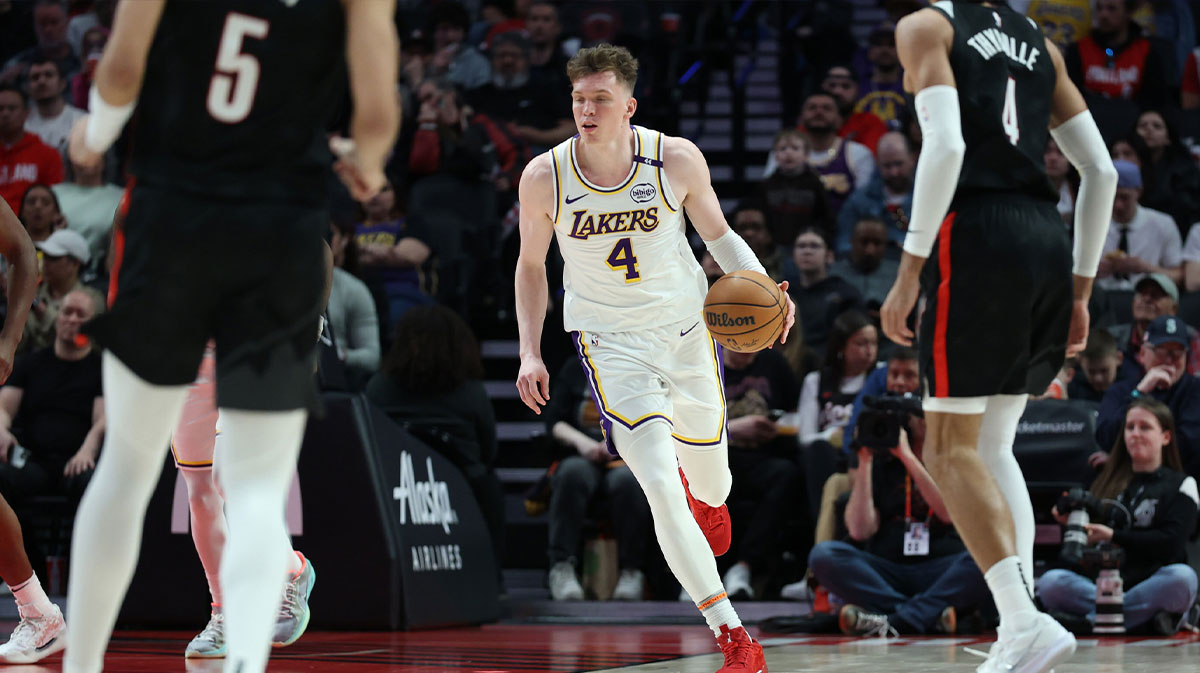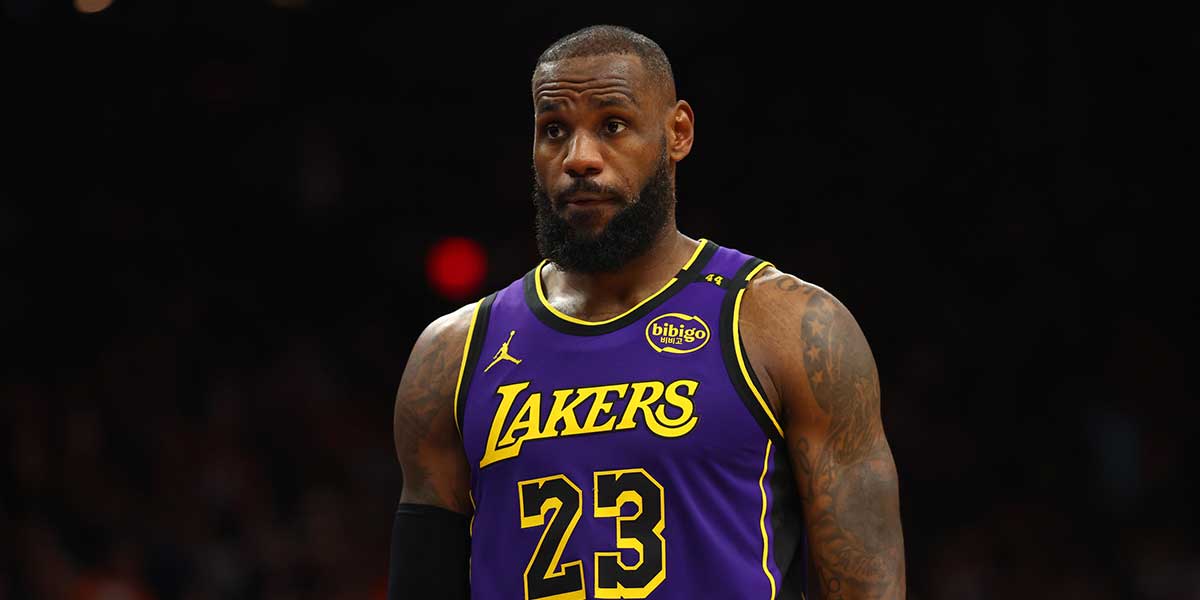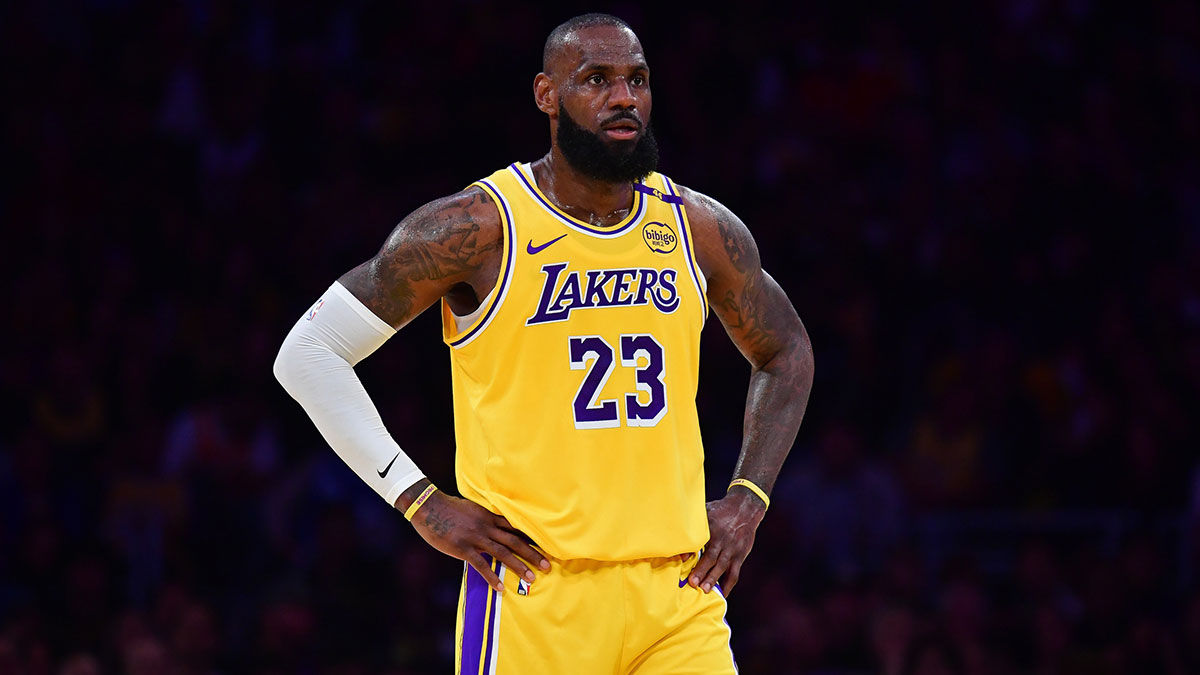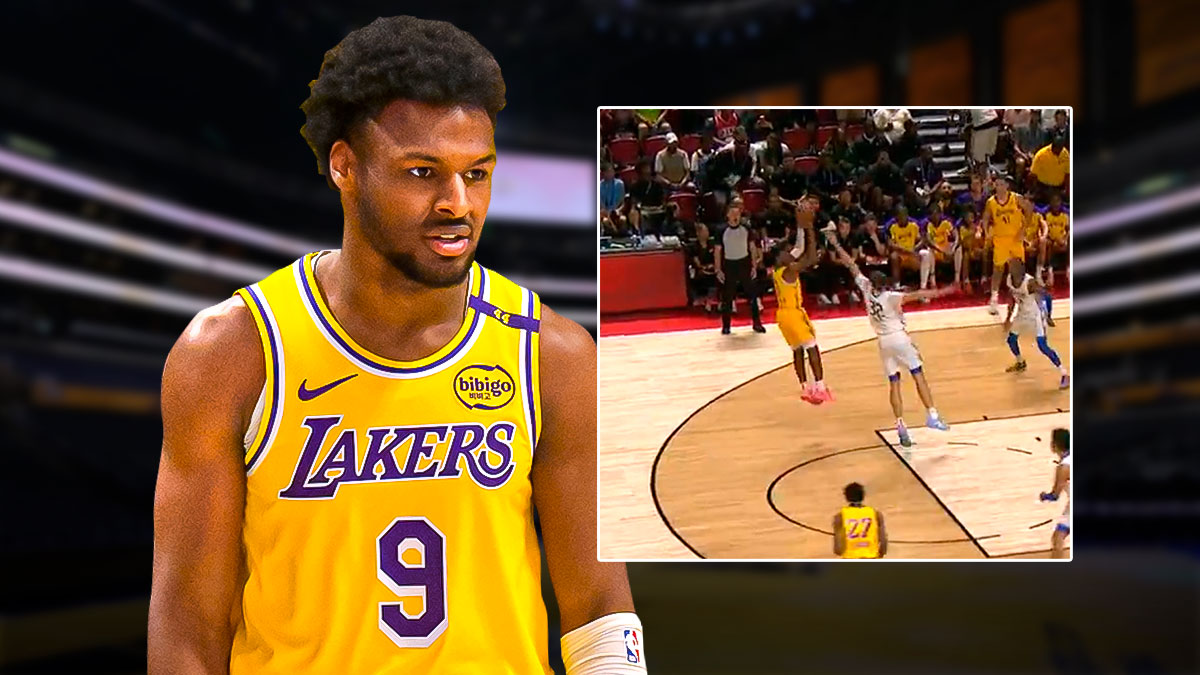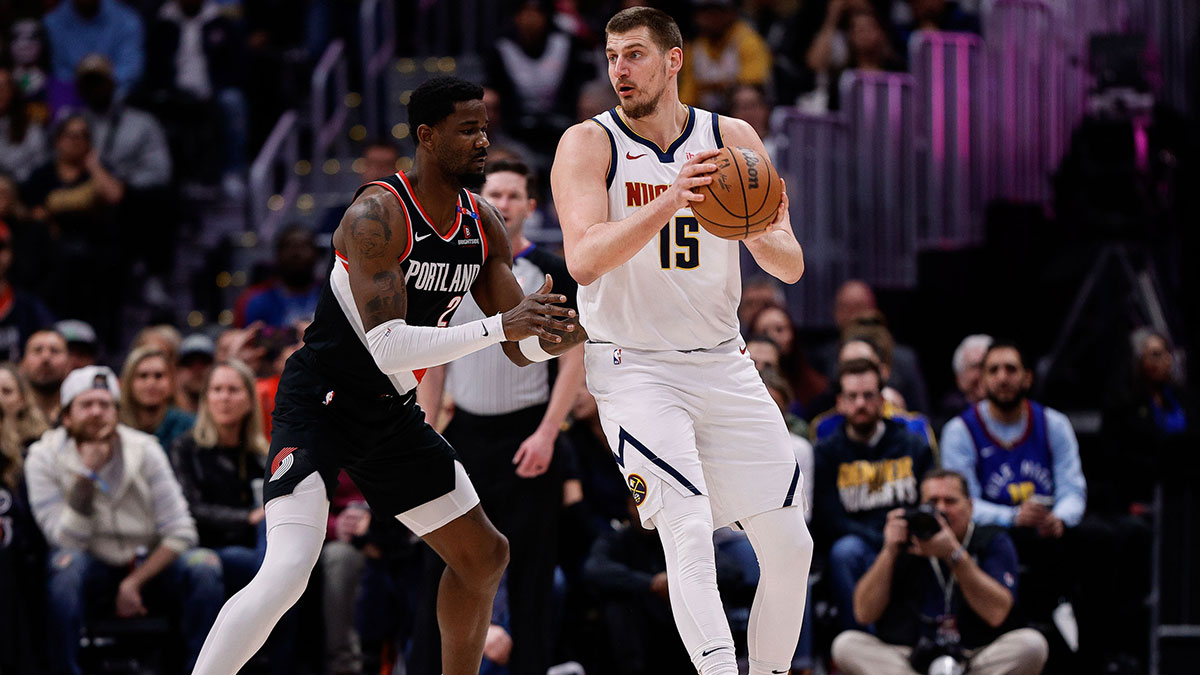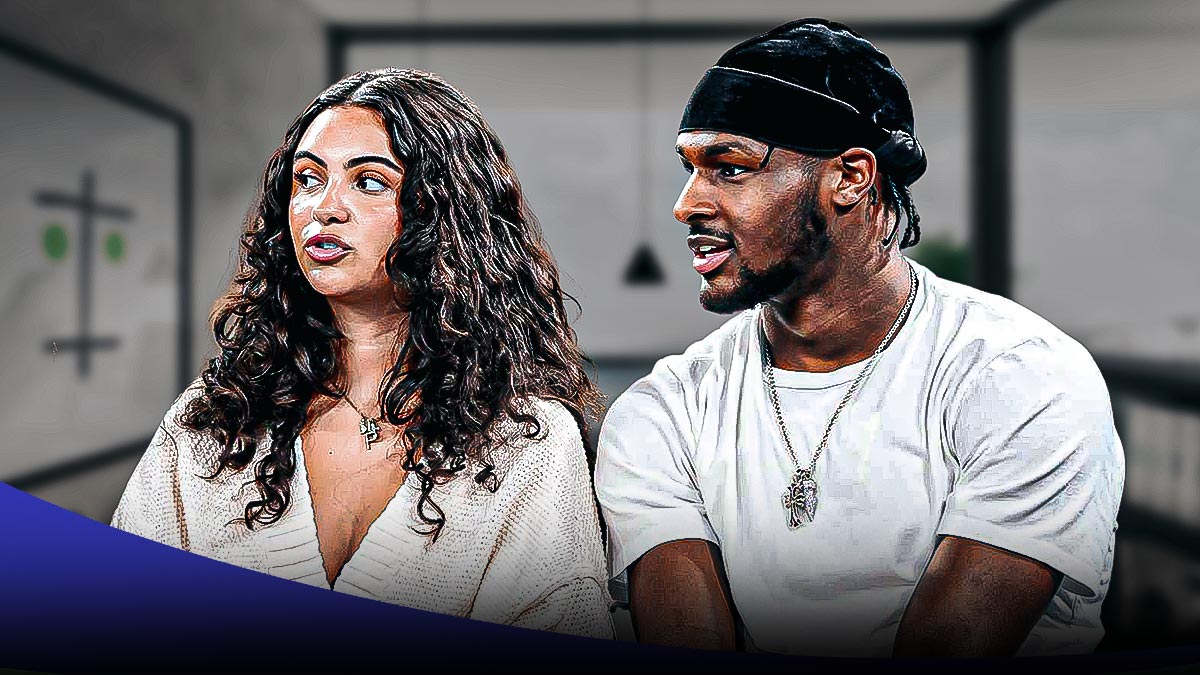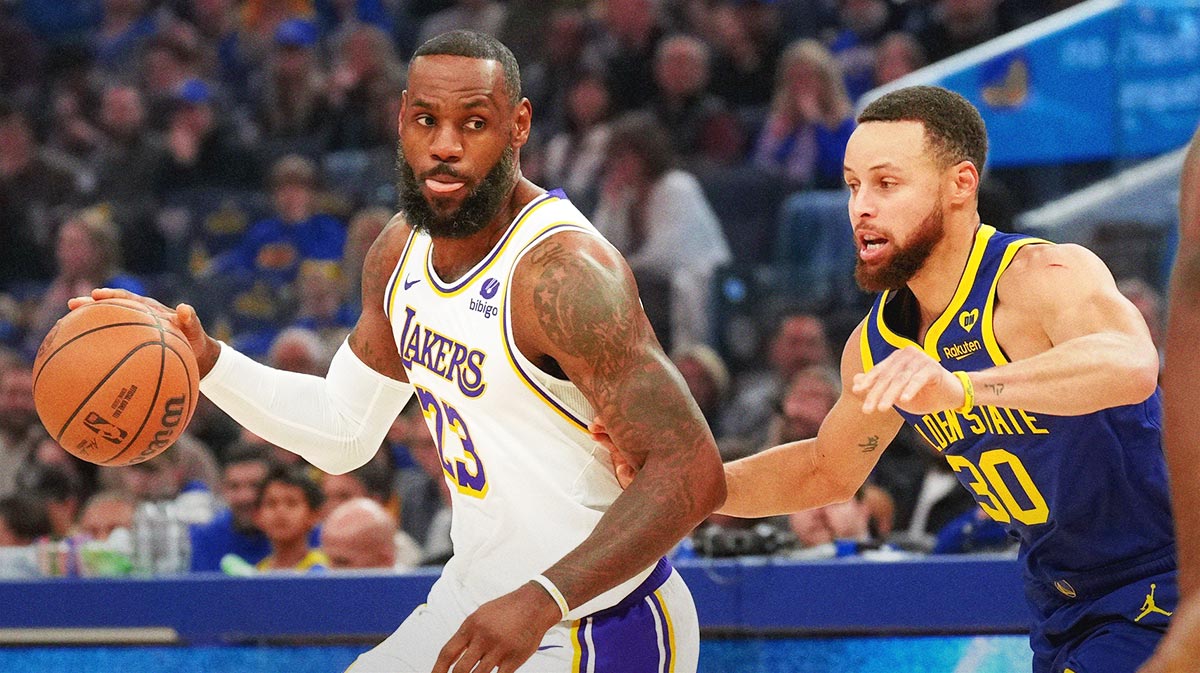One of the most dominant duos in NBA history, Kobe Bryant and Shaquille O’Neal, ruled the league like royalty at the turn of the century. Yet, what could have been a complete domination of the decade by the Los Angeles Lakers turned into arguably the biggest divorce in the league’s modern era. A dynastic reign was cut short because of a long-running feud that could be resolved only by separating the two most valuable players in the Lakers' lineup.
What should have been the greatest dynasty since Michael Jordan, Scottie Pippen and Phil Jackson’s Chicago Bulls of the 1990s ended abruptly when the Lakers traded O’Neal to the Miami Heat in 2004. Bryant remained to become the face of the franchise until the end of his career in 2016. Though each man enjoyed a modicum of success before the decade came to a close (O’Neal won a championship in 2006 and Bryant in 2009 and 2010), neither had come close to their reign from 2000-2002… and what could have been had the Big Aristotle stayed in a Lakers uniform.
According to many reports, the Kobe-Shaq era ended because two big egos couldn’t be contained on one roster without the team imploding. In the 2004 NBA Finals, with the team bolstered by the addition of Gary Payton and Karl Malone, two all-time greats who were at the tail end of their careers, the Lakers lost to the Detroit Pistons. Not to take anything away from coach Larry Brown’s defense-minded team, but a lack of cohesion and the injury that sidelined Malone in Game 3 took down the more talented Lakers as much as the Pistons’ own talents, their grit, and their determination.
So what was the final straw that broke the camel’s back?
A one-on-one, face-to-face conversation between the players via TNT’s Players Only “Shaq & Kobe” episode gave fans some of the best insights into what caused the breakup, aside from other interviews that shed some light on it.
First Fight
During the televised tête-à-tête between the superstars, O’Neal and Bryant reminisced about the first time they butted heads. The confrontation occurred during the 1998-1999 season, when the league locked out the players and relegated the season to a 50-game sprint.
"I think I can remember the first time we had our first fight…" – @kobebryant #PlayersOnly pic.twitter.com/IOS6FTjREt
— NBA on TNT (@NBAonTNT) February 18, 2018
According to Bryant, they were playing on opposing teams during a pickup game at Southwest College in Los Angeles when things got out of hand.
“You kept saying ‘Yeah, take that little b—-. Take that little b—-,’ ” Bryant said. “I’m looking around, ‘Oh, he’s f—ing talking to me.’ Right? I said ‘Well hold on, ain’t going to be too many more of those ‘little b——-.’ And what’d you say? ‘Well whatchu gonna do about it? Whatchu gonna do about it?’
“The next thing I knew I saw a big hand coming this way, and I remember going this way [opposite direction]. And I remember throwing some lollipop s—. Olden Polynice came to [incomprehensible word]. And then they just kinda broke us apart.”
O’Neal challenged Bryant perhaps to test him and see what the second-year guard was made of. Earlier in the conversation, the most successful preps-to-pros player in NBA history acknowledged that the 15-year All-Star center didn’t respect players he could bully. Kobe cited his fellow rookie in 1996-97, Travis Knight, who was afraid of O’Neal’s physicality and trash talking.
When it came to Bryant, however, he saw a kindred spirit, someone who could match his fire to win and wouldn’t back down from a fight despite their 100-pound-plus weight difference. That’s what O’Neal saw, and that’s what Bryant saw from the 2000 NBA MVP.
Phil Jackson’s Take on the Shaq-Kobe Feud
Their former head coach, Phil Jackson, had much to say about his time in Tinseltown during a gathering a year ago. Among the many topics up for discussion was what brought about the longstanding animosity between his star players.
“The reason Kobe was unhappy with Shaq (O'Neal) was (because of) his drive,” Jackson said via Liesl Niesen of KSL.com. “Kobe believed Shaq didn’t care enough about the game.”
Much of that unhappiness with his 7-foot-1 teammate stemmed from O’Neal’s lack of dedication to prepare his body and work on his game during the offseason. When he arrived to training camp with an additional 50 pounds in 2003, Bryant was incensed and called out the (very) big man for being out of shape.
The 6-foot-6 shooting guard had every right to be furious. Kobe prepared himself for the rigorous season, working hard in the summer as he always did.
Kobe Fueling the Fire
Heading into the 2002-03 season, O’Neal and Bryant’s relationship turned worse due to a public disagreement over how the former handled a toe injury according to Jovan Buha of Fox Sports.
Bryant decided that he couldn’t take playing second fiddle to O’Neal any longer; he decided to change people’s perceptions about whose team it really was. He told teammates such as Robert Horry that they would receive free Adidas gear (since he was contracted to the shoe company at the time) if they passed the ball to him more than they would to O’Neal.
Robert Horry said Kobe told teammates when Shaq was injured in 02-03 season that he'd give his teammates Adidas gear if he kept getting ball
— Mark Medina (@MarkG_Medina) March 30, 2016
For whatever reason, his teammates obliged, which led to Bryant shooting the ball more than O’Neal by 5.4 shots per contest, the largest shot difference between them as Buha noted. However, Horry says that Kobe Bryant never kept his end of the bargain, and also that Kobe has continued to make excuses for why he didn’t own up to the agreement.
Horry said Kobe still hasn't given teammates gear. Kobe said he doesn't owe anything since he switched to Nike
— Mark Medina (@MarkG_Medina) March 30, 2016
This issue may have created a bigger divide in the Lakers' locker room than we can ever imagine.
Bryant’s Take on the Lakers Dynasty’s End
The Shaq-Kobe feud killed the Lakers’ chances of ever keeping both players in Purple and Gold for the rest of their careers, but there was something else that may have been the bigger contributor to the end of the Kobe-Shaq Era.
“I think Shaq was having health issues that would’ve prohibited us from going on these big runs,” Bryant told Alex Kennedy of Hoops Hype on the idea of the Lakers possibly becoming the league’s greatest had the two stars continued to play on the same team beyond 2004. “If you think of his body – you think about the size of this man with his agility – at some point, it starts chipping away. Whether it was the toe injury or the knee injury, it was chipping away. While it’s fun to say, “If they stayed together for another three or four more years, what could they have been?” But I think the reality is that the health issues would’ve really prohibited us from having that kind of huge run. I mean, his health was already affecting us in those last two seasons that we had together.”
Kobe Bryant, a two-time scoring champion, wasn’t wrong to criticize Shaquille O’Neal after all, especially since his knee and toe injuries could be directly or indirectly attributed to his weight putting so much pressure on certain parts of his body. In the 2003-04 season, Shaq averaged then career-lows of 21.5 points on 14.1 shots per game. For the third straight year, he played in fewer than 70 games. His lack of production on the court aside from lingering health problems may have been the determining factor that led the Lakers to keep Kobe Bryant and trade Shaquille O’Neal instead. After losing to the Pistons in the championship round, O’Neal was soon traded to the Heat in exchange for Caron Butler, Lamar Odom, Brian Grant, and a first-round draft pick.
After two more seasons of scoring 20 points or more per contest for the Heat, O’Neal slowly declined to an average NBA player until he retired after the 2010-11 season.
In other words, the most dominant center since Wilt Chamberlain patrolled the paint had only two or three more seasons in which he could have helped the Lakers win another title. Shaquille O’Neal would have had to accept a constantly diminishing role in the Lakers’ attack from 2004 and beyond if he had stayed. It’s highly possible that his ego would not have allowed it, especially if he had to defer to Bryant of all people.
The Truth?
Even if Shaq hadn’t requested a trade that would land him in Miami, Kobe Bryant would have asked then-general manager Mitch Kupchak and late Lakers owner Jerry Buss for a trade to Chicago to play for the Bulls.
His reason? He didn’t want people to have the impression that he won his titles only because of O’Neal’s presence. The prevailing idea was that Bryant was only there for the ride and that his 300-pound teammate was the sole reason for the championships, regardless of his contributions.
.@kobebryant and @SHAQ talk details about their eventual break up from the @Lakers. #PlayersOnly pic.twitter.com/J8Wqygzx0V
— NBA on TNT (@NBAonTNT) February 18, 2018
That request never happened after the Lakers center preempted it by making it clear he wanted out of L.A.
Though the Lakers’ dynastic reign was going to end sooner than anyone would have thought because of O’Neal’s injury woes, it was the competitive fire in both players’ bellies that led them to look for separation from the other. Kobe Bryant wanted to win on his own without Shaquille O’Neal, and the latter wanted to continue being “the man” on his own team without anyone challenging his throne. The feud led to the separation, but there were underlying reasons as to why they wanted to escape each other’s presence.
The feud and O’Neal’s injuries were almost equally to blame for the end of the Lakers’ dominance in the early 2000s.
O’Neal Apology
After a few more years of feuding while on separate teams, Shaquille O’Neal and Kobe Bryant soon kissed and made up on Martin Luther King Day in 2006 after NBA royalty and former Boston Celtics star Bill Russell urged the Heat center to drop the issue.
The televised chat between the two that aired on TNT prior to 2018 NBA All-Star Saturday showed O’Neal apologizing to his former teammate for the way he treated him. He told his former teammate that he had a realization during the 2009 All-Star Game — in which they won co-MVP honors — when Bryant did something for O’Neal that he wouldn’t soon forget.
“You told me to take the trophy home and I took it home and gave it to Shareef. And I realized I may have messed something up,” O’Neal told Bryant. “A lot of times that our beef was going on, you know me. I’m the master marketer. I would just say it to keep it going. But when you did that when you didn’t have to do that, I said to myself, ‘Luckily, I won three out of four with this guy. But I was an a—— to this guy.’
“So, I owe you an apology. I’m going to give you an apology, but we don’t need to be doing all of that crying like Magic [Johnson] and Isiah [Thomas]. But thank you for that moment. Shareef loved that moment. I was going through a lot at the time. He loves you for it, and I love you for that moment. So thank you.”
Seeing Eye to Eye
If there’s one thing Kobe and Shaq agree on now, it is how good they believe they were compared to the all-time great duos in league annals. In O’Neal’s eyes, the persistent issues that they had to confront was part of what made them so dominant compared to others.
"The most dominant one-two punch ever."
Where do @Shaq & @kobebryant rank among the great duos in @NBA history? pic.twitter.com/cf3Vs7njo7
— NBA on TNT (@NBAonTNT) February 18, 2018
“What makes us the best is that no other duo had as many outside controversies as me and you had,” O’Neal thought. “That’s what I always say we’re the enigmatic, no one could figure us out, most controversial. When it come down to step on the court, most dominant one-two punch, little-big ever created in the game.”
With the game stepping away from post play over the last half decade and “small ball” becoming a thing because of the Golden State Warriors’ success, many wonder if the 2000-01 Lakers could compete in this day and age. Bryant believes that there was no way that today’s teams could prepare for O’Neal’s size and overall dominance down low.
“With you down there, the game stops,” Bryant said. “You can’t go anywhere, because the defense has come to down to get you, stops them from running out. No long rebounds. The game is always chopped up because you’re drawing fouls all the time. I just would love to see how they would deal with that.”
These days, Shaquille O’Neal and Kobe Bryant are on speaking terms, perhaps more than they ever were as teammates. The Kobe-Shaq Era may have ended prematurely, but their friendship has endured through their feud — and if not as friends, then surely as comrades-in-arms.

